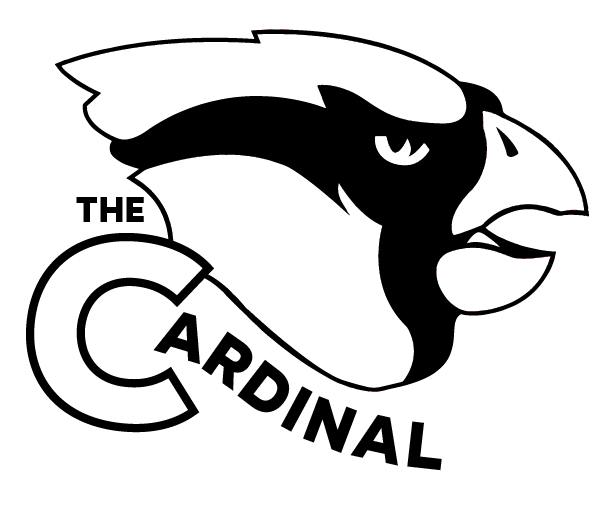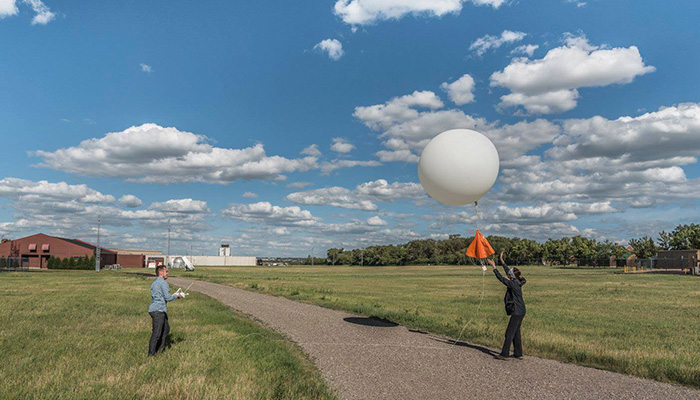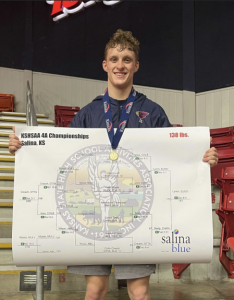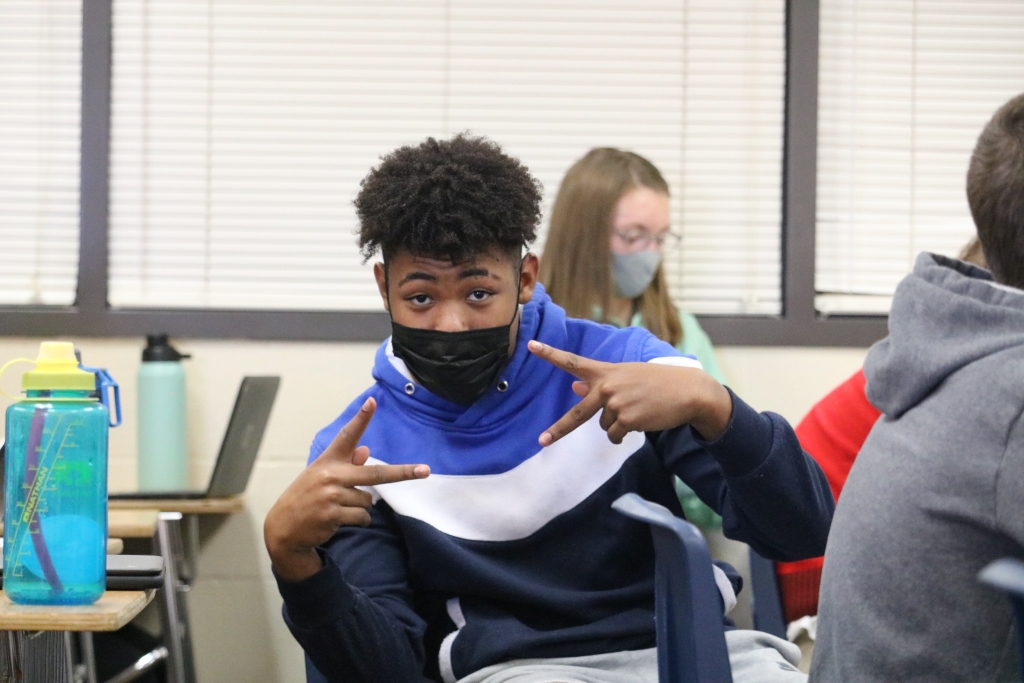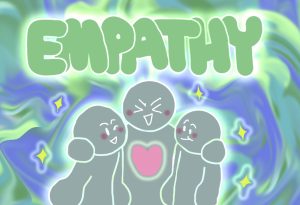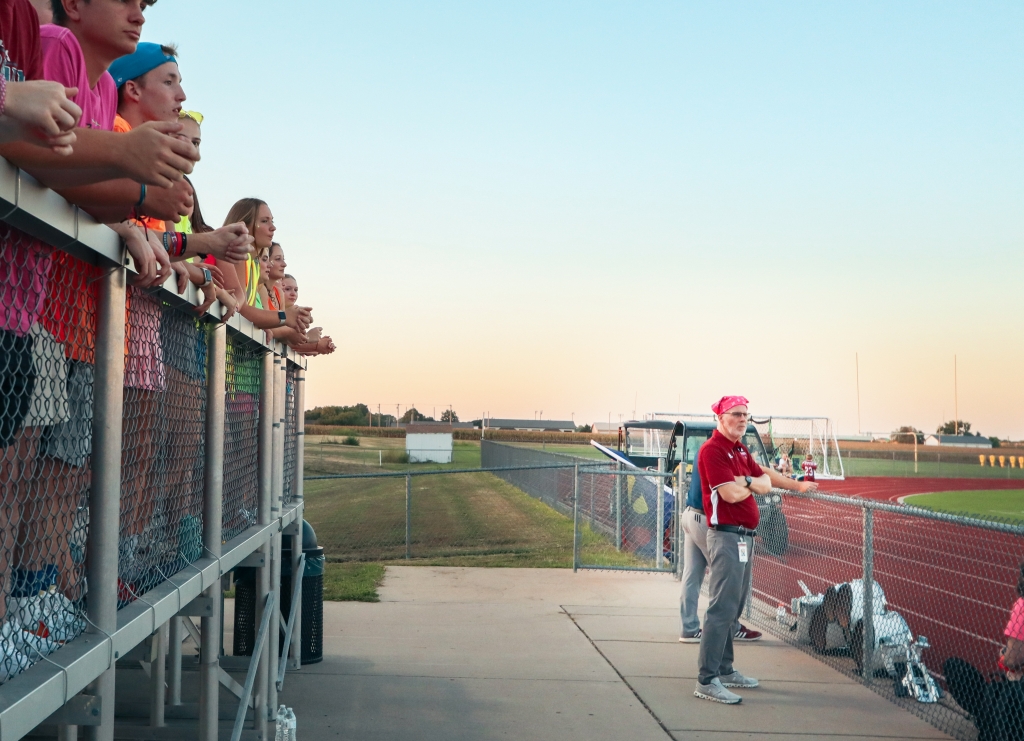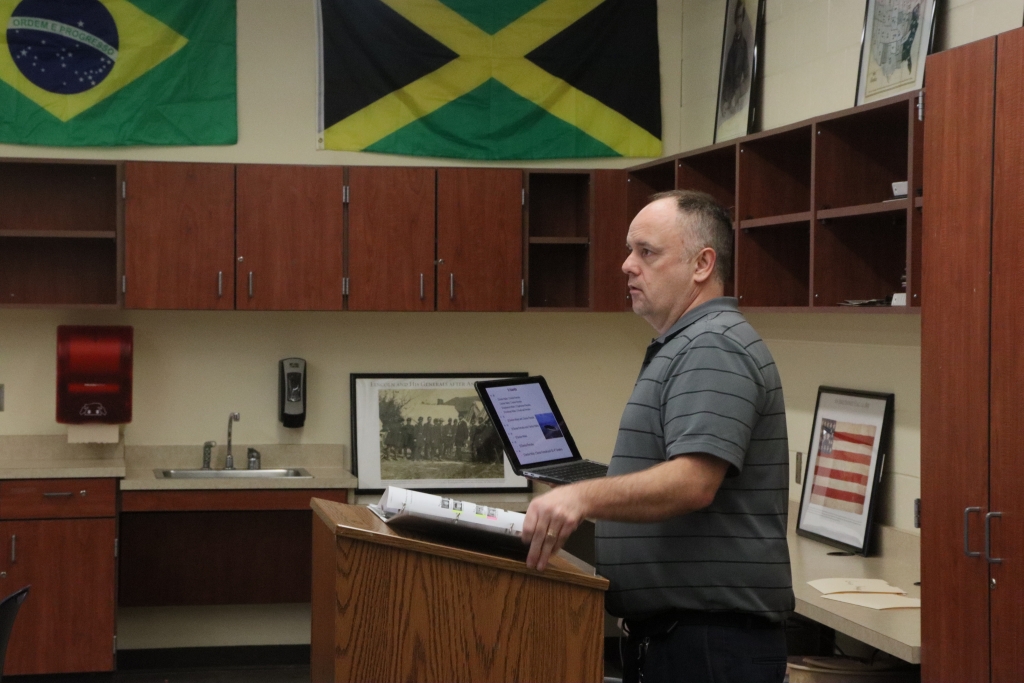Cyberbullying
story by Melanie Reese ≫
It can be hard to decipher what is considered cyberbullying. One individual may think an online act or comment is a form of cyberbullying while others may not.
“There are so many different definitions floating around,” said Megan Black, Vice-Principal at EHS. “If you want to go off the definition of bullying in general, it’s those unwanted comments that give power over someone else and they are repetitive in nature. It is a serious issue and I get disheartened by it, because I don’t want to see people being mean to each other whether it’s face to face or online.”
Cyberbullying is very common in today’s society. According to NoBullying.com, fifty-two percent of young people have reported being cyber bullied. NoBullying.com has also reported that Ninety-five percent of young people have ignored bullying they have witnessed online.
Cyberbullying has become an easy way for individuals to harm others — even people they may not even personally know. Social media has become an easy way for individuals to seek out unknown people and interject themselves into their lives in a negative way.
“You can see [bullying] any time you get on the internet,” said Black. “You see an article posted on Facebook and all you have to do is click on the comments and there’s people just ripping each other. I think, unfortunately, it’s a lot of the culture we live in. Somebody posts something and then people feel as if it’s fair game to just rip people apart. It makes me really sad because people are so mean to each other online.”
Teenagers everywhere deal with cyberbullying, whether it’s being personally attacked or witnessing the events. A recent example of cyberbullying occurred months ago that included EHS students and a student 228 miles away in Arkansas named Mason Wibert.
“I first came in contact with Taylor on Twitter by accident,” said Wibert, “not intentionally, and when I saw the blasphemy on her profile and realized it was not just me who felt the same way, I felt as though something needed to be said about it.”
Over Twitter, Taylor Huff and Mason Wibert clashed publicly after Wibert began commenting on a post of Huff’s.
“I tweeted ‘Make America Gay Again,’” said Huff. “He found this to be incredibly offensive.” Because the comments were posted in the public forum of social media, what might otherwise be a private argument was immediately seen by other Eudora students.
“He said that I was stupid for having those opinions, and that if you are gay, you have a mental disorder. When I said that he was wrong, he called me a “stupid fat b****.” He then replied with a photo of me and a hippo.”
On social media, one follower can connect an individual with unknown people’s posts. Wibert hadn’t known or seen Huff before, yet he decided to express his opinions in a negative way on social media – multiple times and for hundreds of other eyes to see.
What started as one comment quickly ballooned into a series of heated exchanges.
“Mason was calling my friend some pretty nasty, hurtful names and I wanted to defend her so I said for him to let it go,” said Jasmine Thevarajoo, Sr.
In response to this, Wibert commented to her with the comment “Get out of my mentions Arab.”
“I felt absolutely appalled. To try and use somebody’s ethnicity as a derogatory comment is disgusting and honestly baffles me,” said Thevarajoo. “I was not even in the slightest bit mad about him saying I was the wrong ethnicity, I was mad because he tried to make an insult out of one.”
Seemingly, there is a notion that if an individual doesn’t agree with something and they are behind a screen, it is their right to say the first thing that comes to mind, no matter how offensive it may be.
Although the event felt like an attack, it can be difficult to determine whether or not it should be labeled “bullying”.
“I felt with Taylor that it was not just me who found what she was saying inappropriate,” said Mason Wibert, student in Arkansas. “I feel that a lot of people did not agree at all with what she was doing and saying, I was just the only one who actually confronted her about the crap she was spreading, to put it bluntly.”
In reaction to the hateful language seen in that and the other exchanges that followed, Black tried to remind students of the importance of social media.
“Every now and again I will get on Twitter and see things from the students here at Eudora,” said Black. “All I saw were people just being mean. Maybe not even directed at one person in particular but I just wanted to put my two cents out there to say that it is OK to have difference of opinion. If everyone had the same opinion, everything would be boring. I think everyone’s individuality makes our school great and it makes us as individuals great.
But Black wants to emphasize that being an individual doesn’t give students the right to disrespect one another.
“At the end of the day, let’s have some common understanding of we’re human beings and we can still respectfully have that dialogue,” Black said, “ If I disagree with something that you say how can I tactfully go about voicing my opinion. How can we make progress from our disagreements because that’s life. In life you’re going to disagree with people and I think that’s a bigger lesson to be learned than just one or two Twitter interactions that you may have had.”
Social media is not made to backlash peers. What is put on social media is seen by many eyes and can be truly harmful, so make sure to think before posting.
